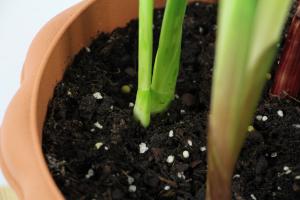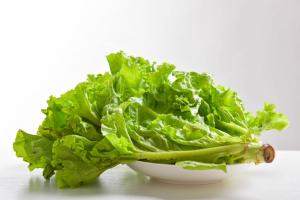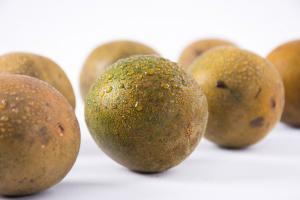How Often to Feed Potted Plants
If you are a new plant parent, one of the most important things to understand is how often you should feed your potted plants. Feeding your plants helps in many ways, including encouraging growth, promoting healthy foliage, and ensuring that they stay vibrant and resilient.
Factors that Affect Feeding Frequency
The first factor that affects how often you should feed your potted plants is the type of plant. Different plants have different nutrient needs, and some may require more frequent feeding than others. Additionally, the size of the plant pot can also impact how often you need to feed your plants. Smaller pots tend to dry out more quickly, which means more frequent watering and feeding may be necessary.
The environment can also affect how often you should feed your potted plants. Indoor plants, for example, typically require less frequent feeding than outdoor plants due to their more stable growing conditions. In contrast, plants in direct sunlight may need more frequent feeding to keep them hydrated and protect them from the heat.
General Guidelines for Feeding Potted Plants
There are some general guidelines that you can follow when it comes to feeding your potted plants. For most plants, it is recommended that you feed them every two to four weeks during the growing season. This may vary depending on the type of plant and the growing conditions, so it's important to monitor your plants and adjust the feeding frequency as needed.
When feeding your potted plants, it's important to use the right type of fertilizer. A balanced fertilizer is a good choice for most plants, as it provides a mix of nitrogen, phosphorus, and potassium. You can also use organic fertilizers if you prefer a natural option. However, it's important to follow the instructions on the fertilizer packaging and avoid overfeeding, as this can cause damage to your plants.
Signs Your Potted Plants Need Feeding
There are a few signs that your potted plants may need feeding. If you notice that the leaves are yellowing or the plant is growing slowly, it may be a sign that it needs more nutrients. Additionally, if the soil in the pot appears dry and brittle, your plant may not be getting enough water and nutrients. In these cases, it's important to adjust the feeding frequency and make sure that your plant gets the nutrients it needs to thrive.
Conclusion
Feeding your potted plants is an important part of plant care, and understanding how often to feed them can help ensure that they stay healthy and vibrant. By considering factors such as plant type, pot size, and environment, you can determine the best feeding schedule for your plants. Remember to choose the right type of fertilizer and monitor your plants for signs that they need more nutrients. With proper care and feeding, your potted plants can thrive and add beauty to your home or garden for years to come.

 how many times do yo...
how many times do yo... how many planted tre...
how many planted tre... how many pine trees ...
how many pine trees ... how many pecan trees...
how many pecan trees... how many plants comp...
how many plants comp... how many plants can ...
how many plants can ... how many plants and ...
how many plants and ... how many pepper plan...
how many pepper plan...































